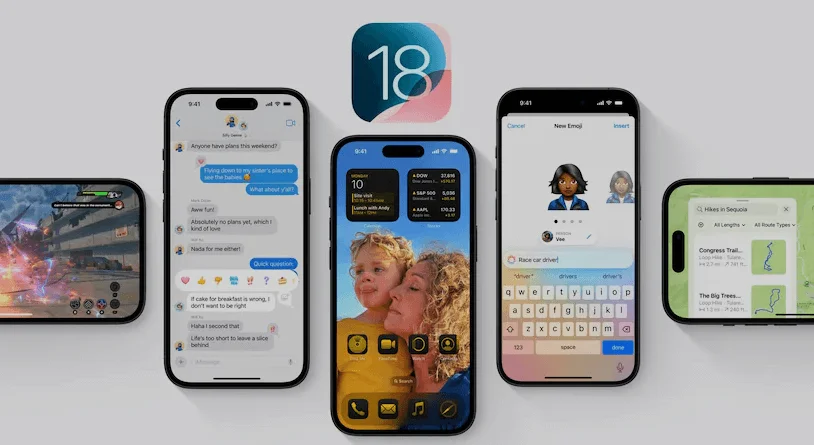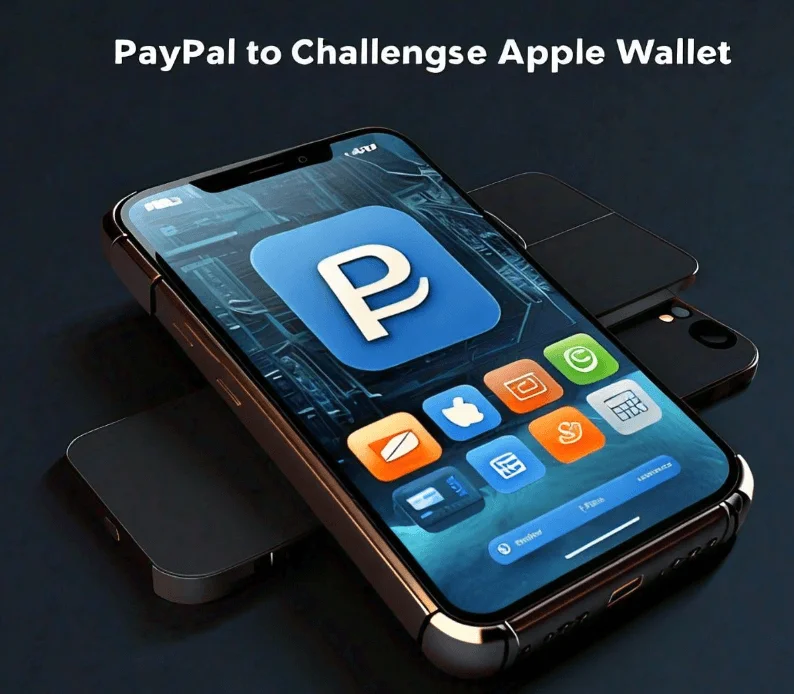
PayPal is itself to compete with Apple Wallet in the European Union, using recent changes to iPhone’s NFC capabilities as a wedge. Apple this month announced it would grant third-party developers access to new NFC and Secure Element APIs, which power contactless payments underpinning Apple Wallet. This is now opening up a massive opportunity for PayPal in the mobile wallet market on iOS—especially in the EU.
Apple’s NFC API Changes: A Game Changer
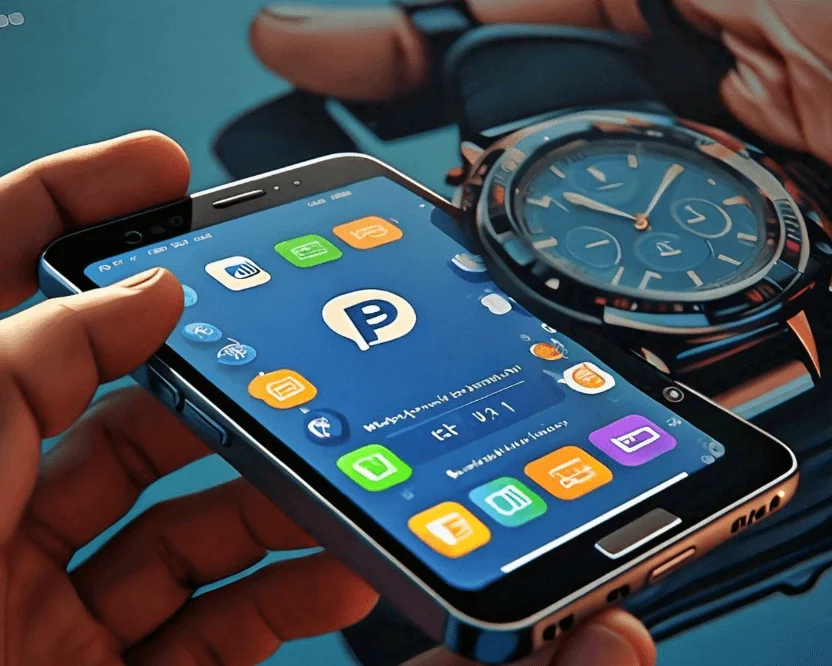
Apple will finally open up its NFC functionality to third-party app developers amidst mounting regulatory pressure from the EU. The DMA will open digital markets to fair competition, allowing app developers more leeway to innovate and thus creating a level playing field. It will force Apple to open access to hardware features—like the NFC currently restricted to Apple Wallet—to third-party apps, among other things.
For PayPal, this is the opportunity to fulfill a long-held dream: to expand beyond online transactions to offline retail, and to offer a mobile wallet fully featured enough to truly rival Apple Wallet head-to-head.
PayPal’s Strategic Moves
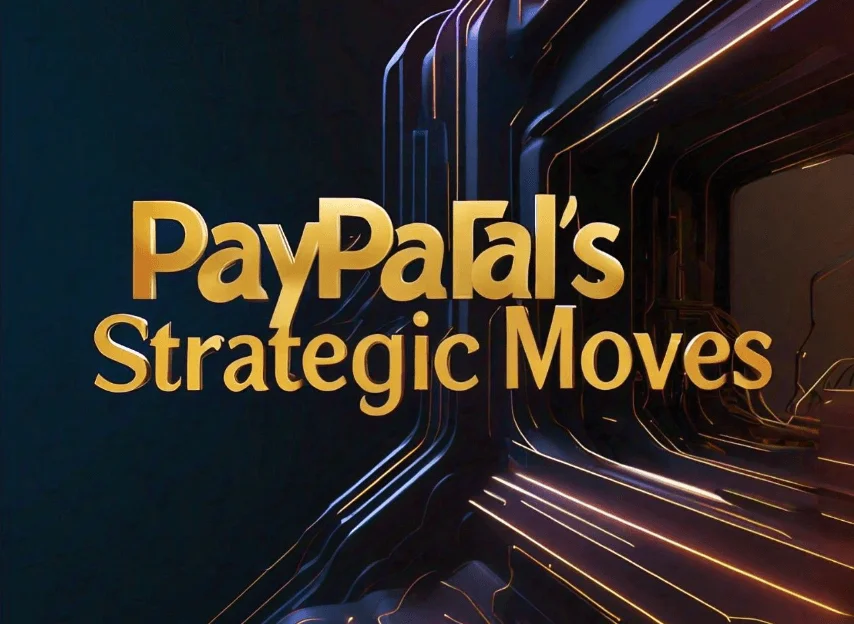
PayPal chief executive Alex Chriss, during the company’s second-quarter earnings call on July 30, tipped his hand a bit about how the new APIs will be utilized. He referred to the NFC changes in Europe as ushering in new opportunities for PayPal, and that the company is ready to dive in. Chriss had earlier described the NFC adjustments as making it “very easy” for PayPal to offer a wallet inside the iOS ecosystem.
It’s not the first time that PayPal has signaled interest in mobile wallets. Indeed, the company has been looking for ways to break into offline retail for years. Prior initiatives included partnerships with national retailers, deals with makers of point-of-sale software, and an effort to bring PayPal’s services into physical stores using QR codes and other methods. Contrary to all efforts, Apple Pay has remained in a very strong position in many markets, mainly because of wide contactless adoption.
The EU Opportunity
This is a unique opportunity for PayPal within the European market. PayPal’s services had been used by 90% of Europeans by 2022, while Apple Pay and Google Pay dominated mobile payments. Now, equipped with new NFC features on iPhones, PayPal will be able to offer an NFC-based mobile wallet that might tip the scale in its favor.
One of the biggest advantages that will be given to PayPal in the EU due to the DMA is that a third-party wallet can be set by consumers as default. This may motivate users who already favor PayPal for online transactions to adopt its wallet for offline payments.
What to Expect from PayPal’s NFC Wallet
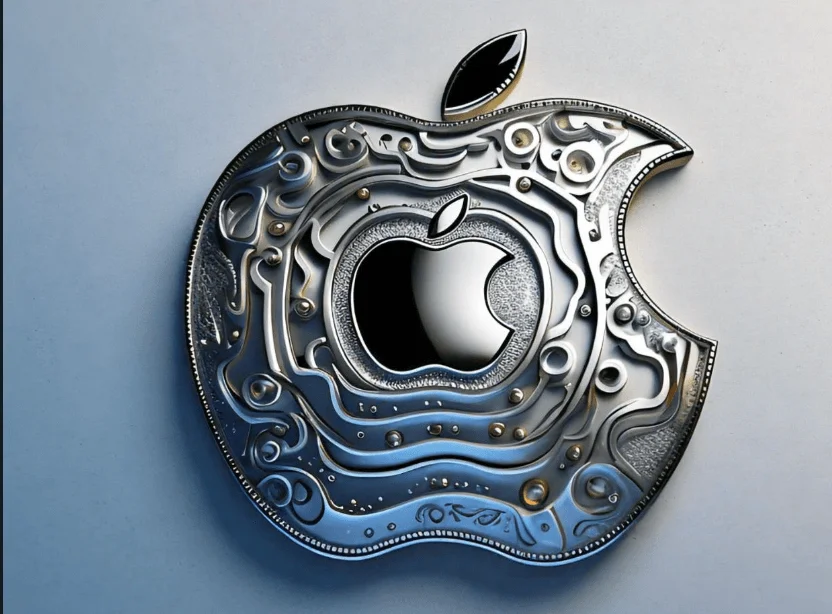
Though PayPal has not said anything about its mobile wallet, expectations are intriguing. An NFC-based wallet could facilitate contactless, frictionless payments in retail locations by tying into PayPal’s existing online payment services, and perhaps even new services like rewards programs or integration with other financial services.
The entry into the NFC wallet space is part of the company’s broader strategy that seeks to provide a complete omnichannel payment solution. The effect of this will be that PayPal will be able to service both online and offline customers effectively, thus truly becoming one of the leaders in digital payments.
Final Thoughts
With its expansion of the NFC wallet service to the European Union, it will challenge Apple Wallet’s offerings by riding on the coattails of the latter’s decision to open up its NFC capabilities to third-party developers. Forcing the change through EU regulations, it finally opens up the mobile wallet market on iOS for PayPal and allows it to offer a full-fledged mobile wallet that will compete directly with Apple Wallet. Already claiming 90% of European end-users registered with PayPal’s services, this gives them a large base to leverage from. It would provide seamless contactless payments, enable integration with already extensive online services for payments, and new features such as rewards programs in its NFC wallet.
In my opinion, the decision of PayPal to enter the NFC wallet space is a strategic one and can possibly disrupt the EU mobile payment landscape. PayPal delivers a comprehensive omnichannel payment solution in a bid to leverage its core competencies better in serving online and offline customers and further entrench its leading position as a provider of digital payments.
What are the chances that PayPal will be able to make a case against Apple Wallet in the EU, and how do you think that’s going to change the landscape of the mobile payments marketplace?

